A hacktivist group known as Redhack cracked Albayrak’s personal emails from 2000 to 2016, exposing that Albayrak may have had ties to the ISIS oil trade, bankrolling the terrorist group’s operations through a company called Powertrans.
In December 2015, sources close to ISIS confirmed that Ankara supplies the Takfiri militants with weapons and ammunition through Qatari brokers in lieu of the oil the Takfiri terrorist group sells to Turkey through the same channel, the American Heralrd Tribune reported.
While Albayrak has denied connections to Powertrans, as Al Masdar News reported, Wikileaks released a cache of emails, demonstrating his insider contacts to Powertrans. A search of the ‘Powertrans’ keyword in the published WikiLeaks emails returns 32 results, including emails sent to Albayrak regarding personnel and salary issues at the company.
And many believe that Erdogan is grooming Albayrak to be his successor, according to AMN.
“ISIS regularly sells crude it obtains from Iraqi and Syrian oil wells to Turkey through some Qatari middlemen,” the Arabic-language Al-Akhbar newspaper quoted unnamed ISIS insider sources as saying at the time.
The sources reiterated that Turkey sold part of the oil it bought from the ISIS at cheap price to some East European countries.
In November 2011, the Turkish government banned all road and railway transportation of oil in or out of the country, but a provision in the same bill was made so it could revoke the ban in case of a military requirement. The Turkish government then gave exclusive privilege to Powertrans for transit of oil, WikiLeaks says.
The energy company was given a monopoly over oil transportation from land-locked Iraqi Kurdistan to Turkey. According to Turkish media outlets, Powertrans mixed ISIS-produced oil into their shipments to Turkey between 2014 and 2015.
In December 2015, Turkish opposition politician Eren Erdem also accused Erdogan’s family of having ties to ISIS oil smuggling operations, but Erdem was soon put on trial for treason for his remarks.
Erdem maintained that “there was a very high probability” that Albayrak was linked to the terrorist’s oil smuggling operations.
In October 2014, the US Department of The Treasury published remarks by the then US Under Secretary for Terrorism and Financial Intelligence, David S. Cohen, who is now deputy director at the CIA. Cohen said in 2014:
“According to our information, as of last month, ISIL [ISIS] was selling oil at substantially discounted prices to a variety of middlemen, including some from Turkey.”
The emails, which allegedly contain details of exchanges between Albayrak and the Turkish ruling elite were briefly published earlier this year, before being taken down following a crackdown by the Turkish government. Julian Assange, the founder of WikiLeaks, justified the new release because of Erdogan’s crackdown on free media.
It is essentially forbidden by the Geneva Conventions, to attack industrial infrastructure, including oil facilities, so oil stolen from Syria was smuggled in fleets of giant tankers but, fearing airstrikes, smaller tankers were also employed.
ISIS sold the crude to smugglers for discounted prices, sometimes $35 per barrel but as low as $10 a barrel in some cases, compared to just under $50 a barrel on international markets, four Iraqi intelligence officials told the AP in separate interviews.
The smugglers in turn sold to middlemen in Turkey, they said. The Iraqi officials spoke on condition of anonymity because they were not authorized to brief the press.
The Islamic State extracted some 30 000 barrels per day from Syria, smuggled to middlemen in neighboring Turkey. In Iraq, they produce up to 20 000 barrels per day, mostly from two oilfields outside Mosul, Ibrahim Bahr al-Oloum, a member of Iraq’s parliamentary energy committee and a former oil minister, told the AP.
But he said much of the Iraqi production was not sold and instead sent to Syria to makeshift refineries the group has set up to produce fuel products.
Daniel Glaser, a US Treasury official, told AP in October 2015 that he estimated ISIS oil revenues at around $500 million a year, based on evidence they made around $40 million in one month in early 2015.
As the latest news of the WikiLeaks dump broke, at least 29 people, most of them police officers, were killed in Turkey’s capital and over 160 people injured in two separate blasts that targeted Turkish security forces in the vicinity of Besiktas stadium in Istanbul. The blast targeted a riot police bus, Health Minister Recep Akdag said.


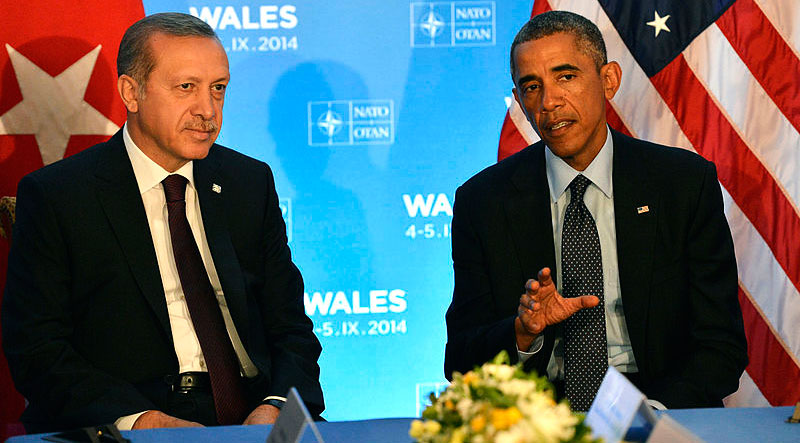

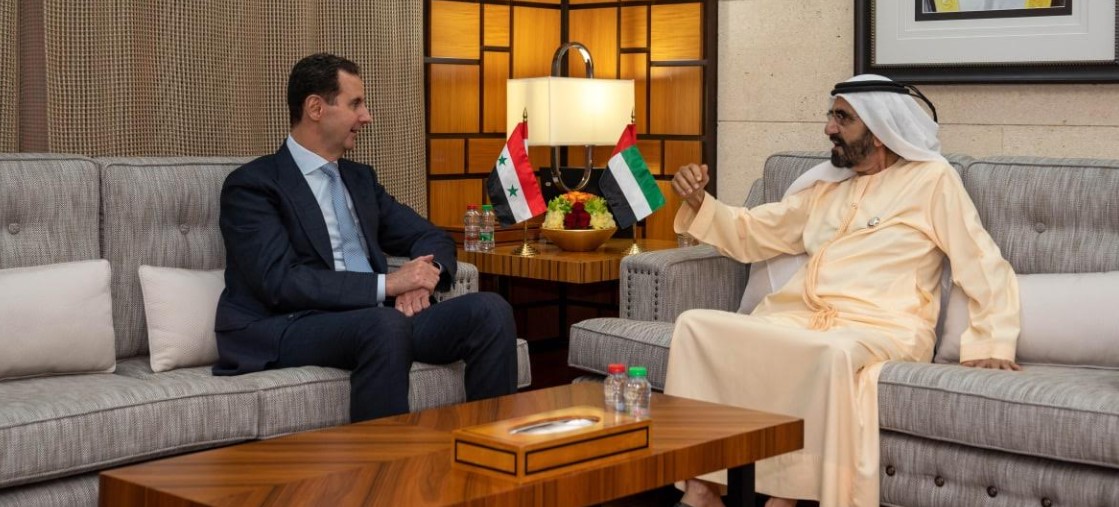

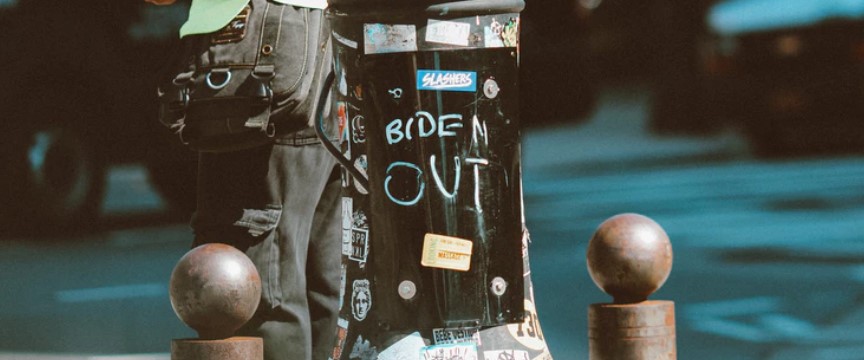
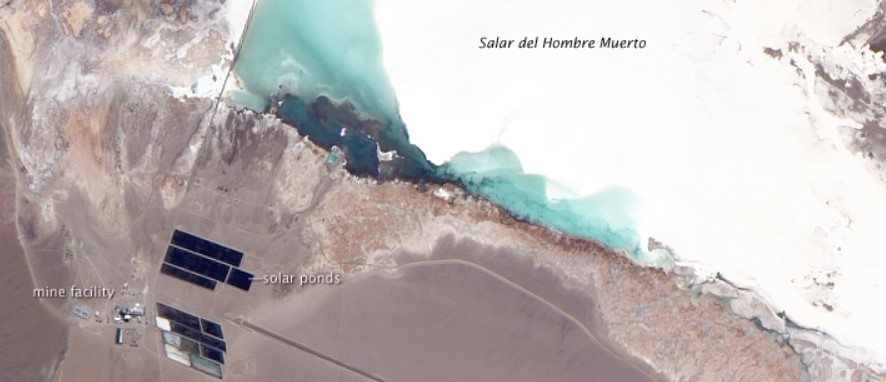
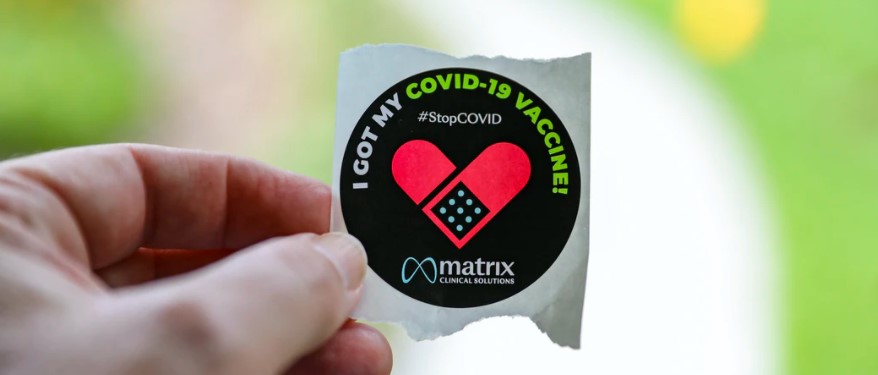
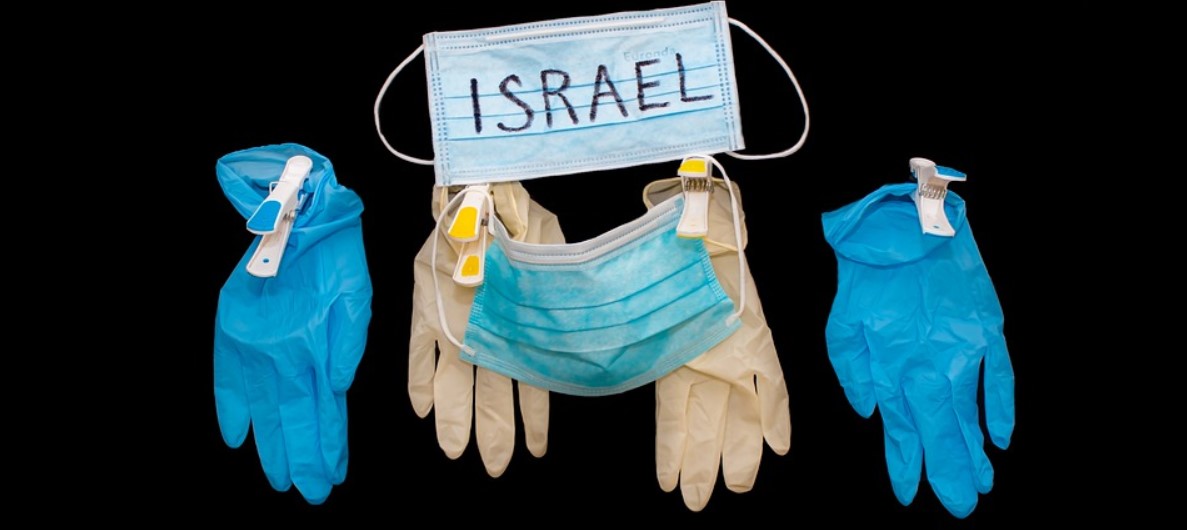

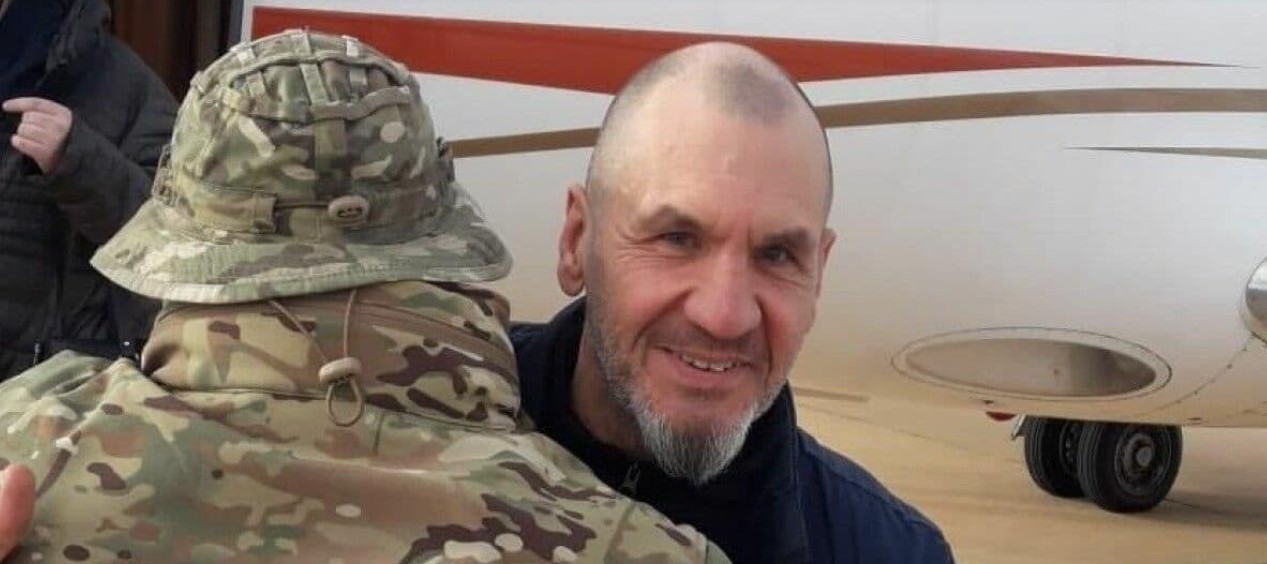
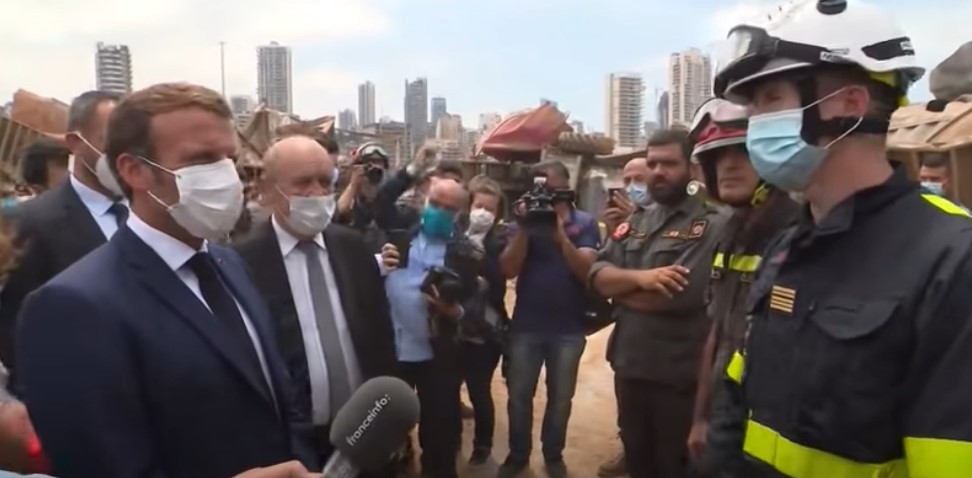
No comments.
By submitting a comment you grant Free West Media a perpetual license to reproduce your words and name/web site in attribution. Inappropriate and irrelevant comments will be removed at an admin’s discretion. Your email is used for verification purposes only, it will never be shared.